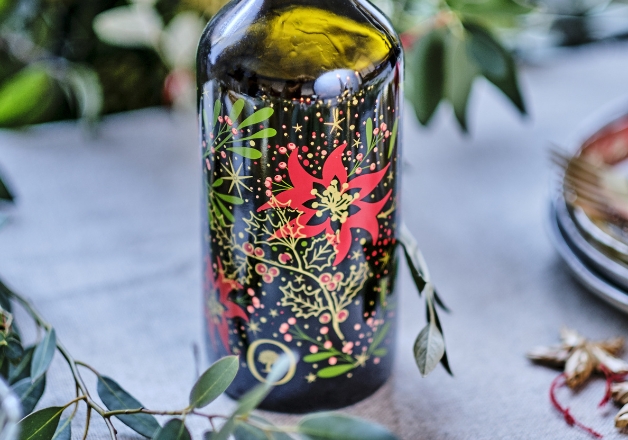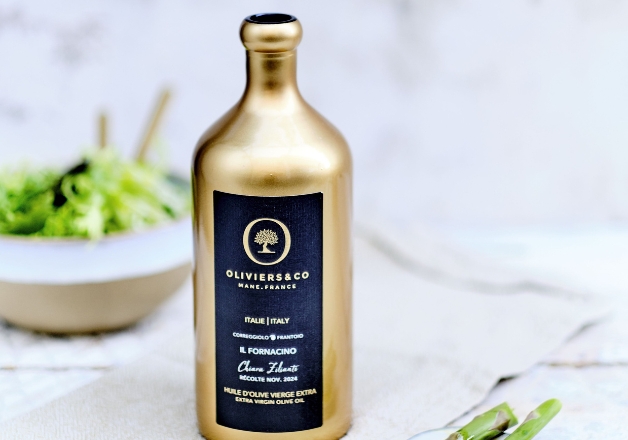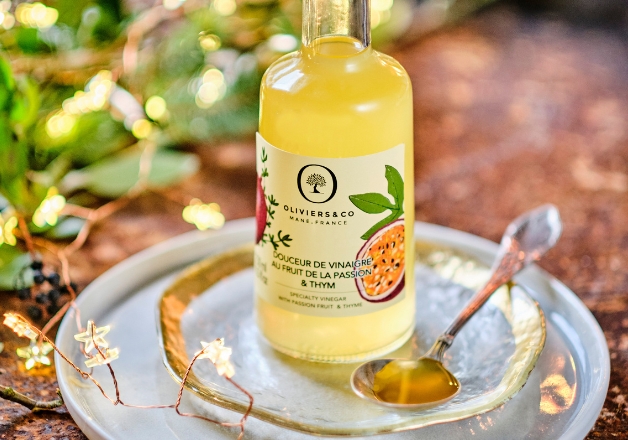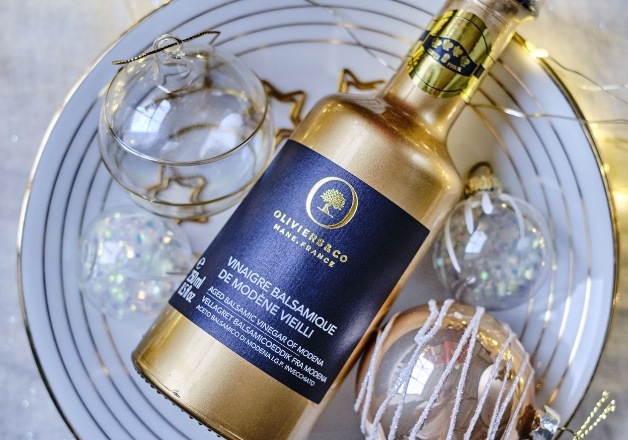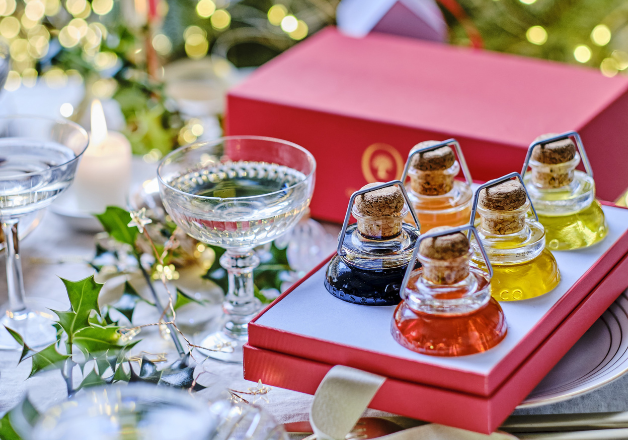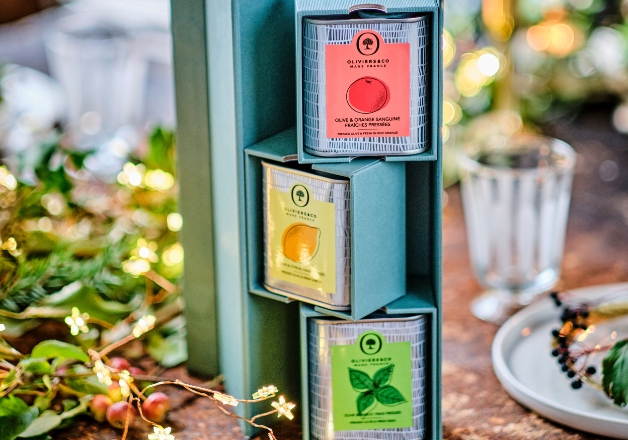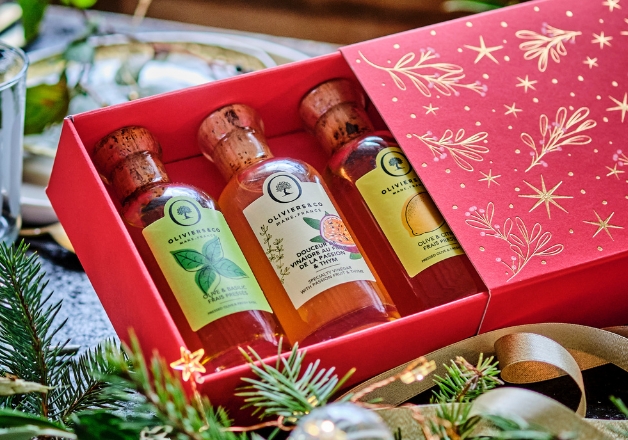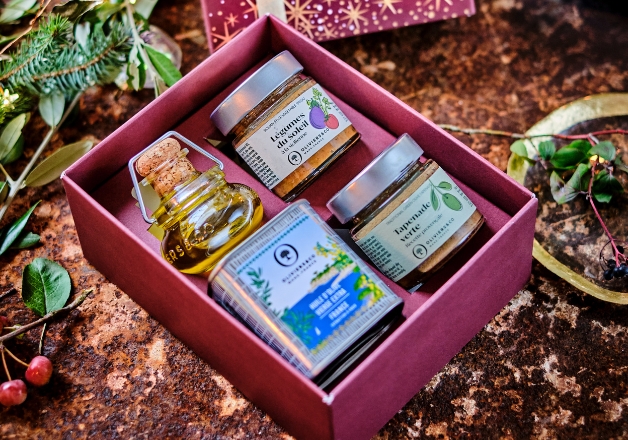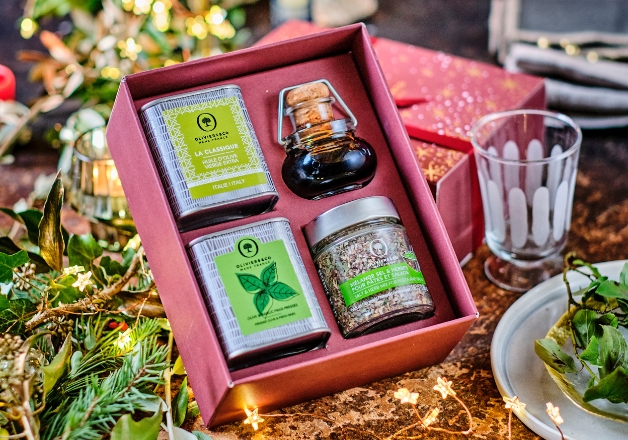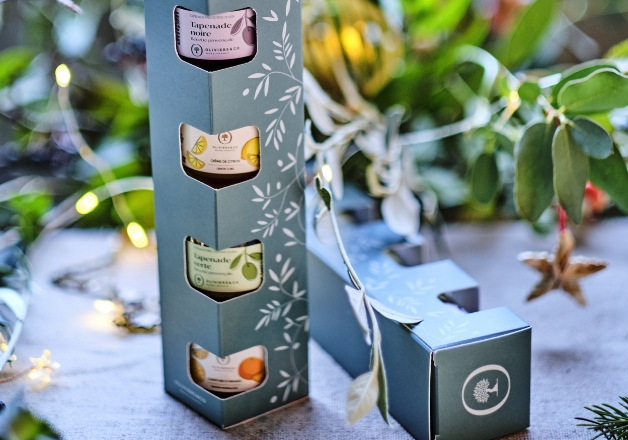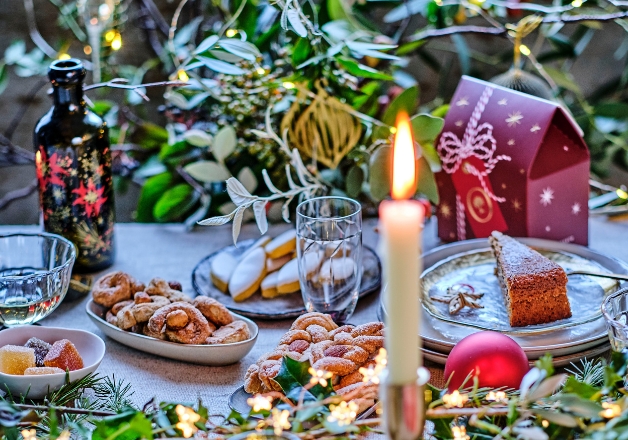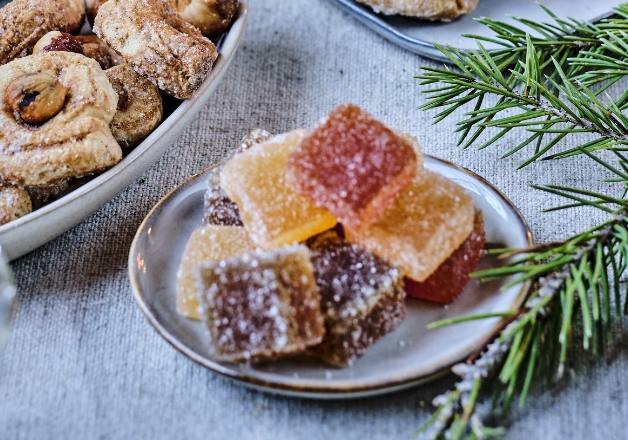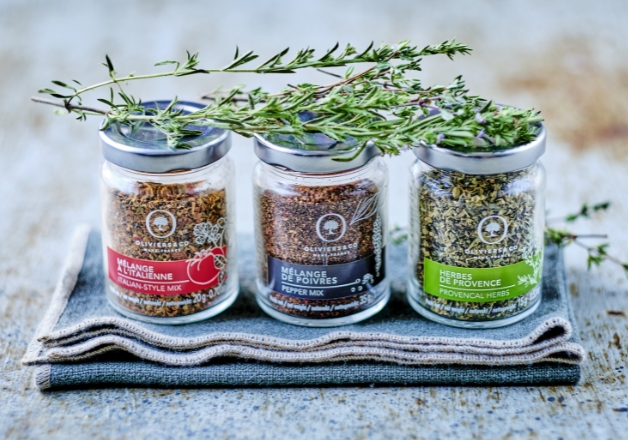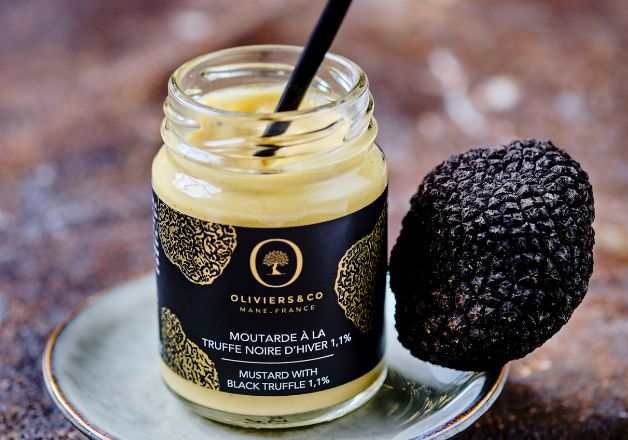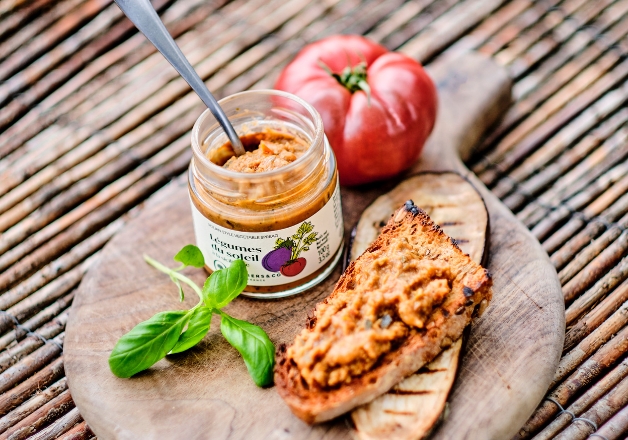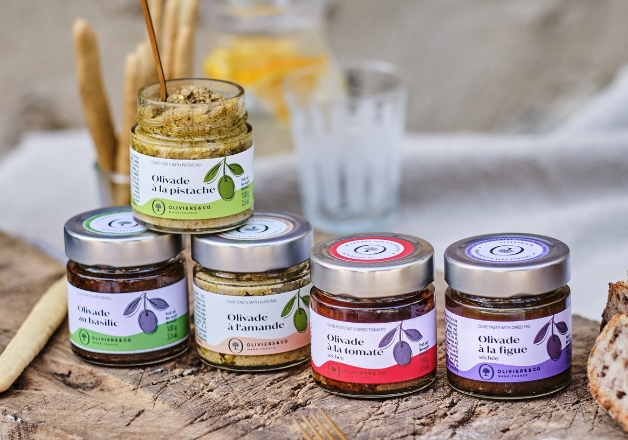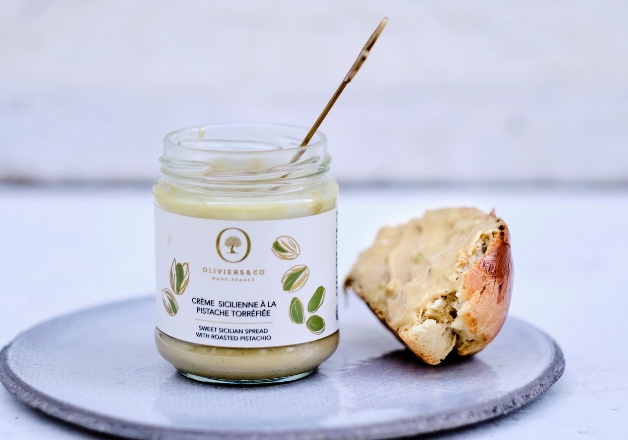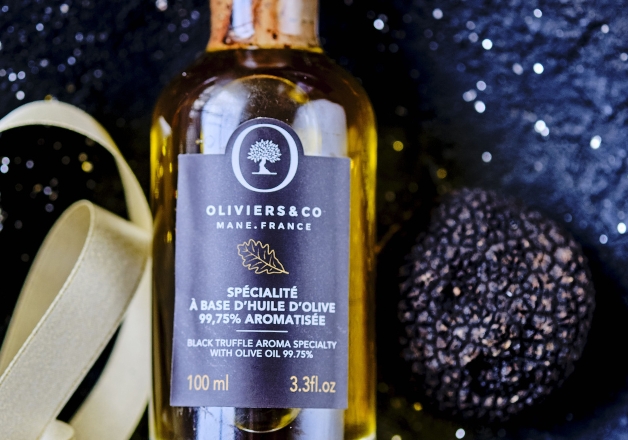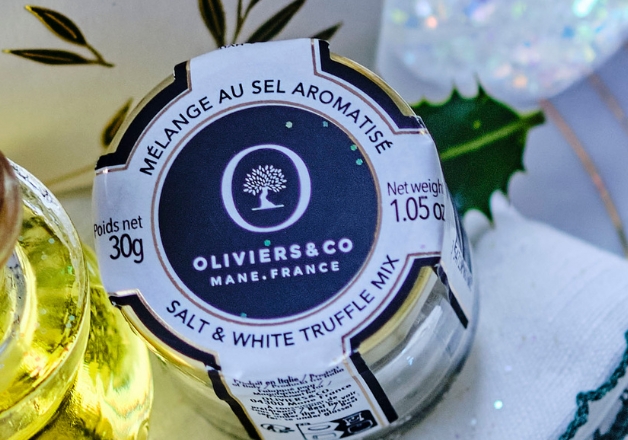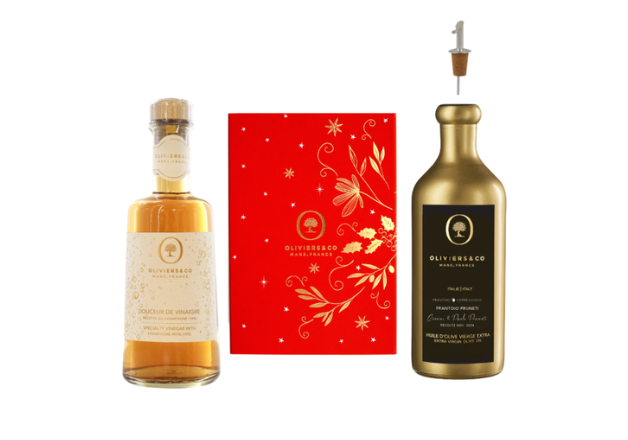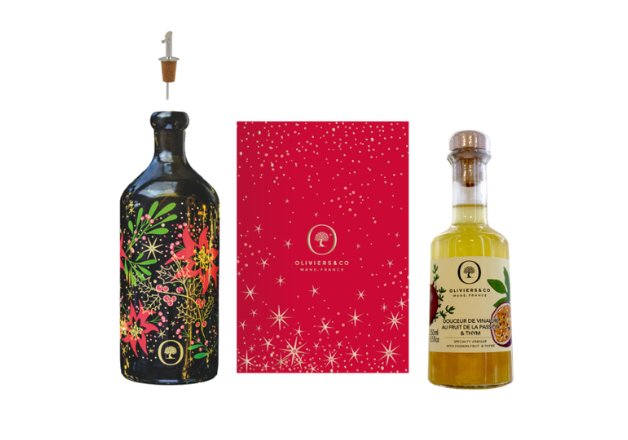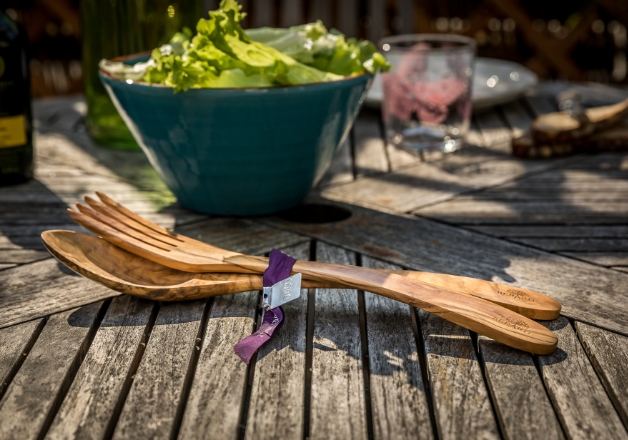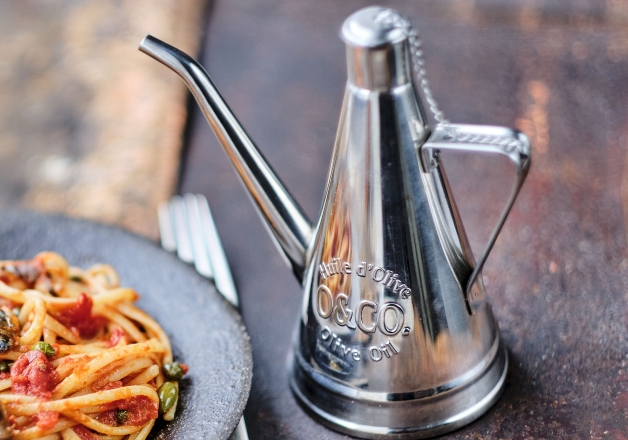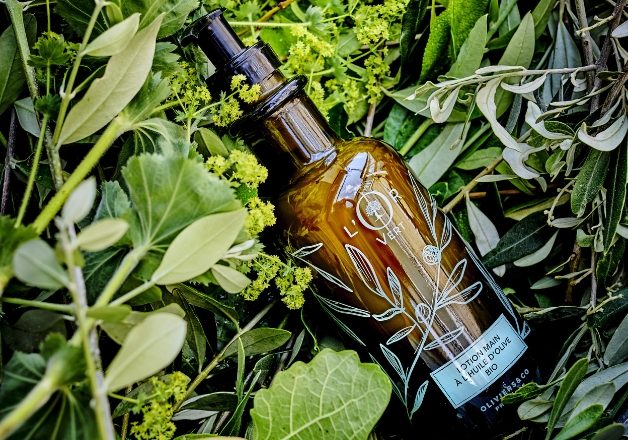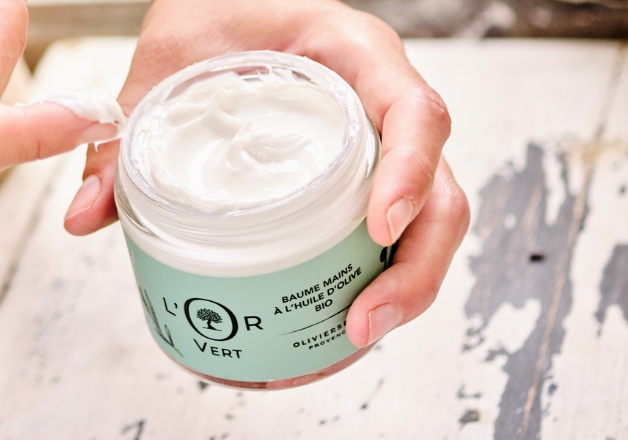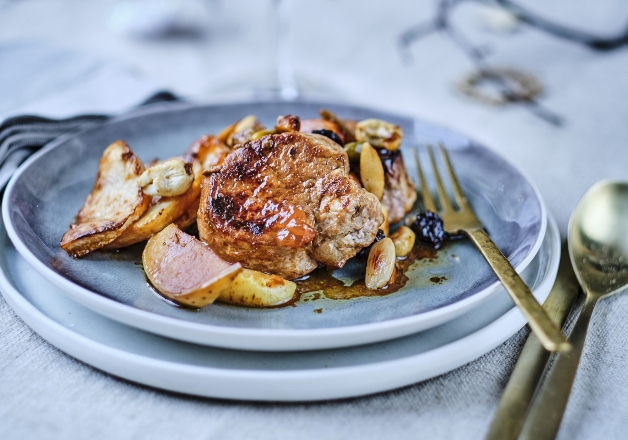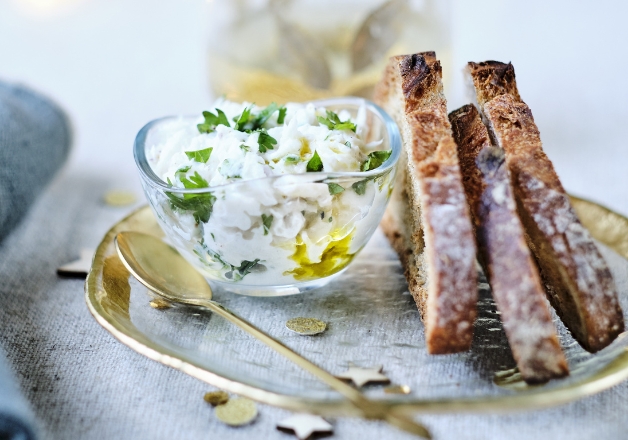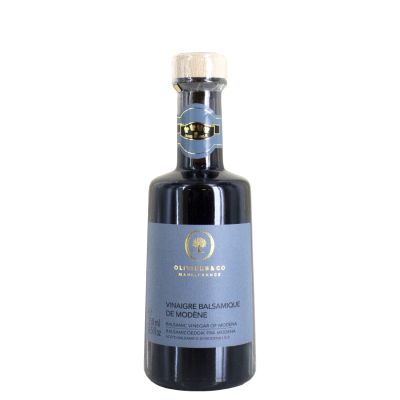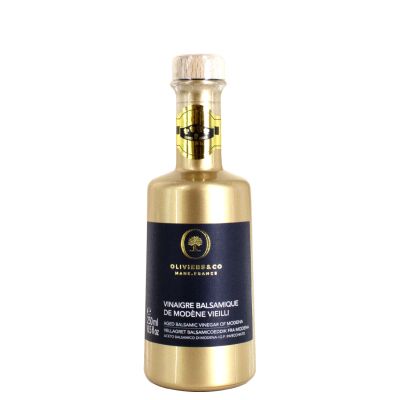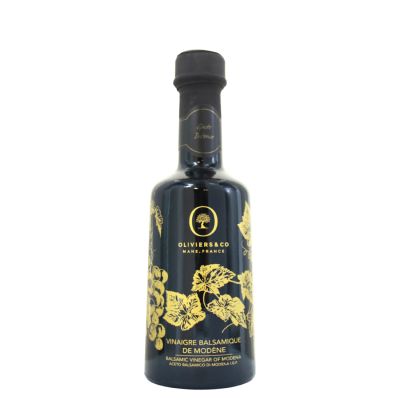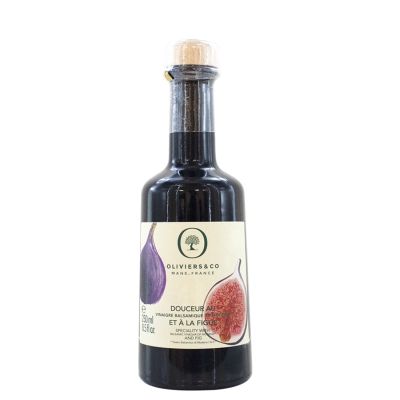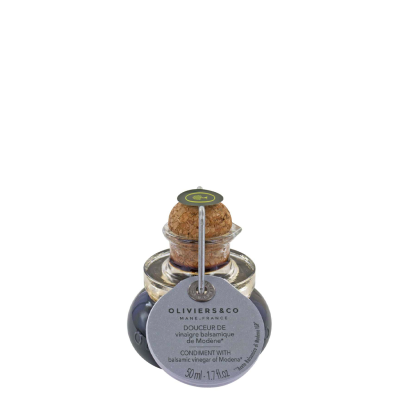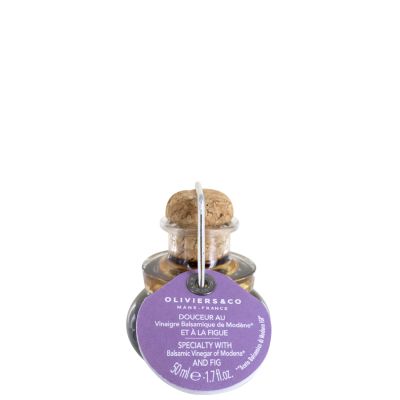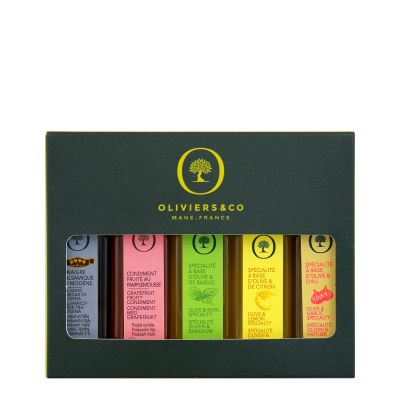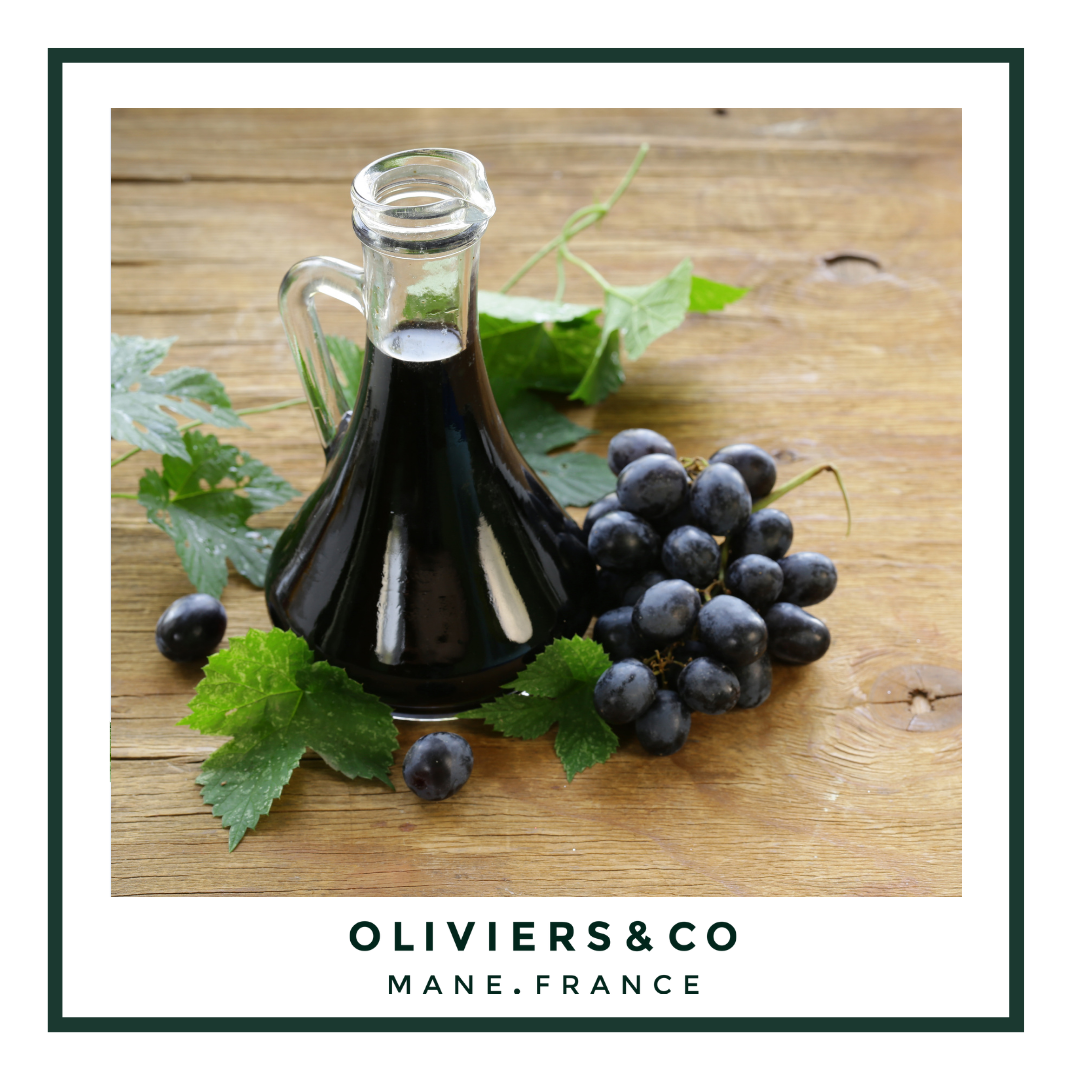

Balsamic vinegar, with its rich and complex flavor profile, has long been a staple in kitchens around the world. Originating from Italy, this prized condiment adds depth and acidity to a wide range of dishes, from savory to sweet. In this comprehensive guide, we'll explore the versatility of balsamic vinegar and provide you with tips and recipes to help you harness its culinary magic.
Balsamic vinegar dressing
Balsamic vinegar is a traditional condiment used in Italian gastronomy. Unlike other vinegars, which are made from the fermentation of wine, it is made by cooking grapes (and vinegar) that is then left to age in wooden barrels for several months to several decades.
Find out more about the benefits of balsamic vinegar.
Balsamic vinegar is characterised by a sweet and sour flavour, and a syrupy texture.
The younger a balsamic vinegar is, the more liquid and acidic it will be. The older it gets, the thicker its texture, the sweeter its taste and the more complex its aromas, becoming a balsam, hence the name "balsamic".
It is a key component of Italian cuisine and can be enjoyed on its own, on a piece of Parmesan cheese, or is best served on cold dishes, as an accompaniment to a salad, raw vegetables, tomatoes, or a marinade, with a simple drizzle of olive oil. It can also be added as a finishing touch to a hot dish, on pasta, risotto or a velouté for example (without cooking it and we recommend using a young balsamic).
One of our top tips: add a few drops to tastefully enhance a dessert, notably strawberries, chocolate, vanilla ice cream... We recommend an aged balsamic vinegar to a young one to accompany the sweeter dishes.
Does Balsamic vinegar need to be refrigerated?
Balsamic vinegar boasts an exceptionally lengthy shelf life, often lasting between 5 to 10 years. The method of storage largely hinges on its intended use. If you plan to primarily use it for salads, particularly as a dressing, refrigeration is advisable to maintain a temperature akin to that of the vegetables. Conversely, if you intend to employ it as a glaze or reduction, storing it in a cupboard at room temperature is recommended. In either scenario, balsamic vinegar can be safely stored both inside and outside the fridge.
Can Balsamic Vinegar Go Bad?
Even with its prolonged shelf life, balsamic vinegar still can expire, and this process can be sped up by two main factors: light and heat.
Much like Olive Oil, balsamic vinegar is a fruit-based condiment, its fermentation allows it to keep for longer, however if you store your balsamic vinegar in an area where it receives direct sunlight, or in any temperatures that are above room temperature you will only speed up the process of it expiring. It is best to keep your balsamic vinegar in a cool and dark place, such as a cupboard or a fridge.
LEARN MORE ABOUT THE BALSAMIC VINEGAR BENEFITS HERE
How long is balsamic vinegar made for?
Balsamic vinegar is renowned for its sweet and syrupy flavor profile, which tends to endure indefinitely. However, improper storage can lead to spoilage, and detecting when it has gone bad is relatively straightforward.
Normally characterized by its sweet and syrupy taste, expired balsamic vinegar develops a murky and harsh flavor, indicating spoilage. While consuming spoiled balsamic vinegar is harmless, its unpalatable taste renders it unsuitable for dressing salads or enhancing dishes. Therefore, it's crucial to discard any balsamic vinegar that exhibits such off-putting characteristics.
Balsamic vinegar is a versatile ingredient that can elevate the flavor of dishes across the culinary spectrum. Whether you're using it to dress salads, glaze meats, or enhance desserts, its complex taste adds depth and sophistication to any recipe. Experiment with different aged varieties and get creative in the kitchen to unlock the full potential of balsamic vinegar in your cooking. With a little imagination and experimentation, you'll soon discover why this ancient condiment is cherished by chefs and home cooks alike.
Source List:

